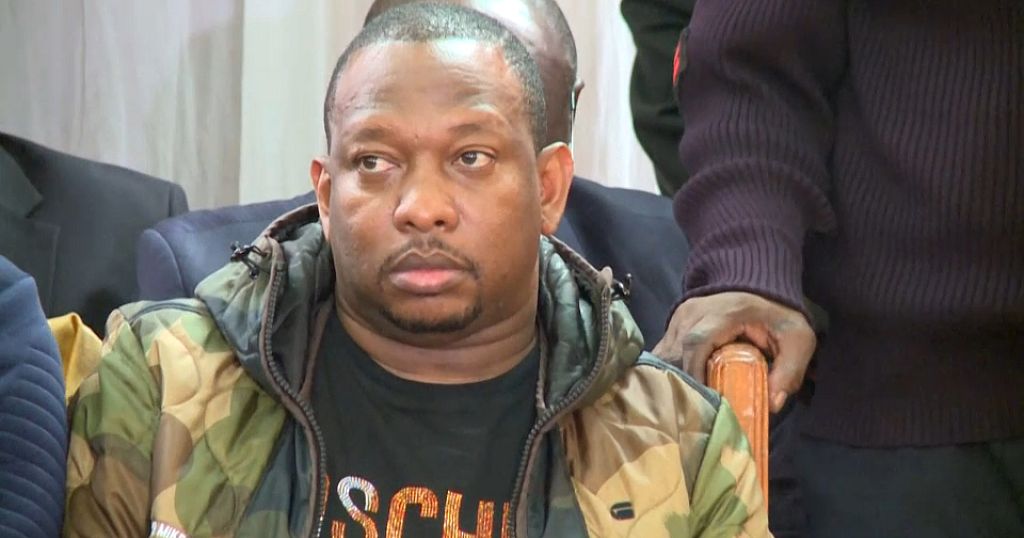A Bill by Kiharu MP Ndindi Nyoro that seeks to limit the Director of Public Prosecutions (DPP) and Director of Criminal Investigation (DCI) in handling corruption cases is unconstitutional, politically-driven and ill-advised. It shows how MPs tend to misuse their privileged positions to craft laws that serve selfish and partisan interests.
The objective of the proposed amendments to the Anti-Corruption and Economic Crimes Act, among others, is to clip the wings of the DPP and DCI and cripple the fight against corruption. Nothing can be simplistic. Precisely, the proposed amendments are an extension of the campaign being waged against DPP Noordin Haji and head of DCI George Kinoti and the intensified crackdown on corruption.
The political group allied to Deputy President William Ruto have recently fabricated a narrative that the DCI has no business investigating corruption cases; that the office should limit itself to pursuing petty crimes.
Conversely, according to this warped narrative, cases of corruption should be the exclusive domain of the Ethics and Anti-Corruption Commission (EACC), which as currently constituted, is deficient. It has not shown its fangs as it hurtles from one misadventure to another.
Two fundamental issues must be canvassed here. First, it is factually incorrect to purport that the DCI cannot investigate corruption. Constitutionally, the National Police Service, through the DCI, has the express mandate to investigate corruption cases.
Article 244 (b) of the Constitution empowers the police service to ‘prevent corruption and promote and practice transparency and accountability’. It means that any amendment affecting the mandate of the DPP and DCI, like the one proposed by Mr Nyoro, goes against the Constitution.
Moreover, Article 157(4) of the Constitution empowers the DPP to direct Inspector General of the Police to investigate any criminal matter, which includes corruption. All these provisions underscore the centrality of the National Police Service in investigating corruption and the DPP in recommending charges. To that extent, the proposed amendments are rendered null and void.
Second, laws are not made to kill institutions. Neither are they made to promote individual interests. Related to that, the government has declared that the war against corruption is multi-sectoral, bringing together the DPP, DCI, Asset Recovery Agency and EACC. Parliament must stop such machinations. Laws cannot be made to fight political wars.

 General News3 days ago
General News3 days ago
 General News3 days ago
General News3 days ago
 General News3 days ago
General News3 days ago
 General News2 days ago
General News2 days ago
 General News19 hours ago
General News19 hours ago

